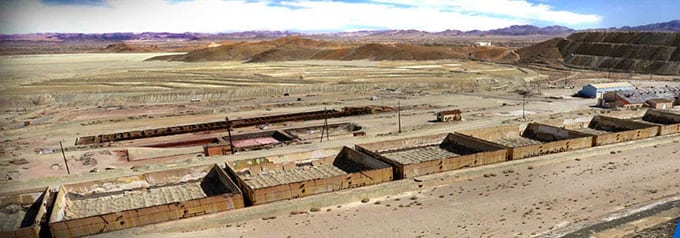Exploring For Copper Oxide At MacArthur Property
Quaterra Resources Inc. (TSXV: QTA) (OTCQB: QTRRF) has commenced a 7,000 -10,000-foot core drilling programme at its MacArthur copper oxide project in the Yerington District, Nevada.
Chairman, Tom Patton, said the drill programme, with an estimated time frame of two to three months, is designed to accomplish three objectives:
- Test the area east of the current resource for additional oxide mineralisation
- Upgrade portions of the resource from Inferred to Indicated status
- Explore the under – drilled sulphide mineralisation which exists beneath the oxide mineral resource.
“We intend to move MacArthur toward production as quickly as possible, and the current drilling program is the first step. Resurgent copper prices, a premier mining jurisdiction and global initiatives in electrification and decarbonisation assure that success will be rewarded,” Mr Patton said.
This drilling programme is the first major step toward completion of a prefeasibility study (PFS) which will be followed by a programme of large diameter core drilling for the purpose of obtaining fresh samples for metallurgical testing; column testing to refine estimates of copper recovery and acid consumption; and mine plan optimisation and financial model updating.
The company estimates that completion of the PFS will require 12 to15 months and an expenditure of US$3.5M-$4.0M, dependent upon results and the availability of funds. The successful completion of the PFS will substantially de-risk the project and inform whether the project should proceed to permitting, development, construction and operation.
The company has completed in excess of a year of scoping work, including engineering work with results which suggest that the project may be amenable to a run-of-mine operation which could lower capital and operating costs.
Mr Patton said that like all acid-leach projects, MacArthur is sensitive to the price of copper, which has recently increased in excess of $4.00/lb. and to the price and usage of acid. The PFS will include a trade-off study to compare building an on-site acid plant versus shipment of acid from off-site, which could further reduce capital costs.












